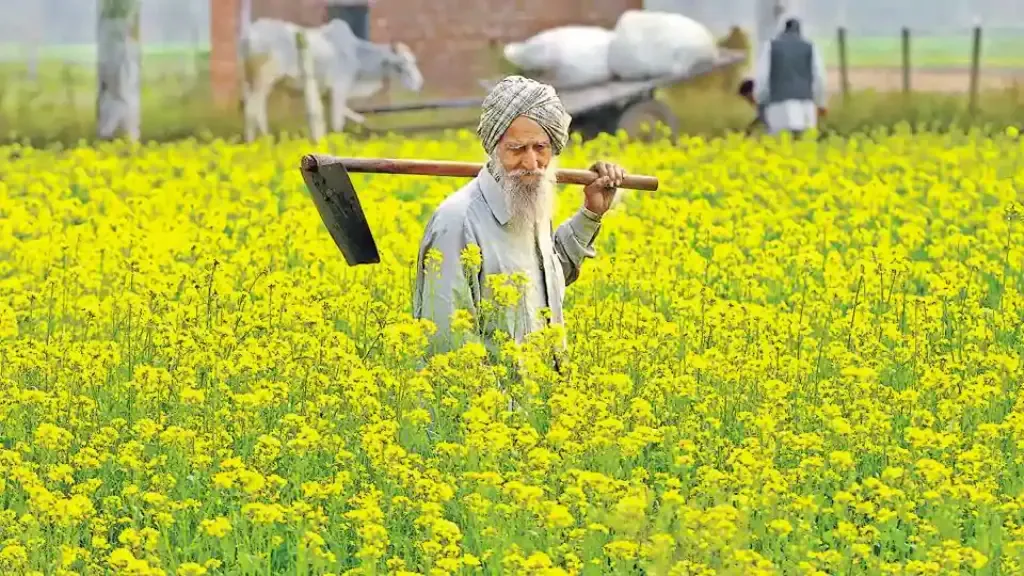

Top Scientists Urge PM Modi to End 'Costly Delay' on GM Mustard Clearance
In a direct and urgent appeal to the highest office, a group of ten of India's most distinguished agricultural scientists has written to Prime Minister Narendra Modi, seeking his immediate intervention to end the legal limbo that has stalled the progress of genetically modified (GM) mustard. The scientists, a veritable who's who of Indian agricultural research, have warned that the country has already lost two crucial years due to a protracted court case and is on the verge of losing another sowing season, a delay that is depriving farmers of a vital "made-in-India" technology and hindering the nation's goal of achieving self-reliance in edible oils.
A 'Made-in-India' Innovation Trapped in Legal Limbo
The technology at the heart of the issue is DMH-11, a high-yield GM mustard hybrid developed domestically. After years of rigorous testing, it was granted environmental clearance by the Ministry of Environment, Forest and Climate Change (MoEF&CC) way back in October 2022, paving the way for final-stage field trials. However, this science-based approval was immediately challenged in the Supreme Court through a Public Interest Litigation, resulting in an oral stay order in November 2022 that halted all further progress.
The legal uncertainty was compounded in August 2024 when a two-judge bench delivered a split verdict on the matter. While one judge sided with the government's scientific assessment and supported the release, the other quashed the approval, leaving the stay order in place and the technology trapped in a state of suspended animation. It is this prolonged legal stalemate that has prompted the nation's top agricultural minds to seek the Prime Minister's intervention.
The High Cost of a Wasted Opportunity
In their joint letter, the scientists—a group that includes multiple Padma awardees and former heads of India's premier agricultural institutions—have expressed deep concern over the tangible costs of this delay. They argue that two full years have already been wasted since the initial approval, a period during which crucial data could have been gathered from post-release trials and the development of further hybrids could have commenced. With the mid-October 2025 sowing window for mustard rapidly approaching, they warn that another entire season is at risk of being lost, a setback that directly impacts the nation's farmers and its food security goals.
An Appeal Based on Scientific Consensus
The scientists' appeal is grounded in a firm belief in the safety and efficacy of the technology. They stress that the specific genes used to create the GM mustard hybrid are not new or untested; they have been safely and successfully used in rapeseed hybrids in countries like Canada, the USA, and Australia for decades, with no documented adverse effects on health or the environment. Furthermore, they highlight that all the mandatory biosafety tests conducted within India under its own rigorous regulatory framework have also shown no negative impacts.
The letter is a powerful call for policy implementation to be guided by scientific evidence rather than legal challenges that, they argue, are unsupported by data. The scientists have urged the Prime Minister to direct the government's legal team and all concerned ministries to make a coordinated and robust effort to defend the MoEF&CC's original decision in court. They contend that a policy framework for GM crops is already in place, and what is needed now is the political will to see it through, a step they believe is vital for improving India's mustard productivity and finally making the nation atmanirbhar (self-reliant) in the critical edible oils sector.